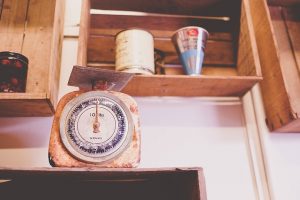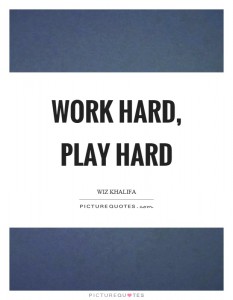As the self-distancing measures come into play all around the world, we are all taking to the internet to keep our lives going as much as we can. Musicians are looking for ways to play and share their music with each other, as well as continuing to teach and reach out to their students to keep them motivated.
In light of this, I’m compiling a list of online resources which are popping up or being offered free of charge which may be of help to musicians in this difficult time. I’ll also include other previous resources which may be of use. If you have any to add, then feel free to email me and I’ll add them to the list.
Concerts and programmes
BBC plan to launch arts and culture into the home
https://www.bbc.co.uk/blogs/aboutthebbc/entries/9b107488-0154-4435-a9a1-81bd16224086
Met Opera to screen free performances online
http://www.openculture.com/2020/03/the-met-opera-streaming-free-operas-online-to-get-you-through-covid-19.html
Berlin Philharmonic free performances if you sign up before March 31
https://www.berliner-philharmoniker.de/en/titelgeschichten/20192020/digital-concert-hall/
Streaming service for arts and culture
Virtual performing groups you can join
Gareth Malone’s Great British home chorus
https://decca.com/greatbritishhomechorus/
For fellow fluties, Flute Center of New York Virtual flute choir (I shall be joining in with this one!)
http://www.flutes4sale.com/pages/choir
Interactive sites
National curriculum and instrumental resources
charanga.com
Similar to Charanga
Online music creation software
Similar to soundtrap
Online notation software
Online learning instrument and songs. Write and record your own music.
General Teaching Resources
All resources offered through the Twinkl website are free for the next month only if you signup using the code UKTWINKLHELPS
BBC launches BBC Teach containing video and audio clips arranged by age group
Flash cards and quizzes
Quiz/learning game creator
Music Theory
Online exercises and resources
My own online lessons and courses for Grades 1-3
http://www.claireholdich.co.uk/lessons/musictheory/index.html
My helpsheets available to download
http://www.tes.com/teaching-resources/shop/c_holdich
Stay safe, and keep making music!


